
Florida man Arlow Lorenzo Phillips arrested for dragging dog to death after tying it to his speeding car on August 14
The dog, a pit-bull, was seen by the witnesses to have been leashed to the back passenger door of Phillips' 2008 Kia
2023-08-19 21:18
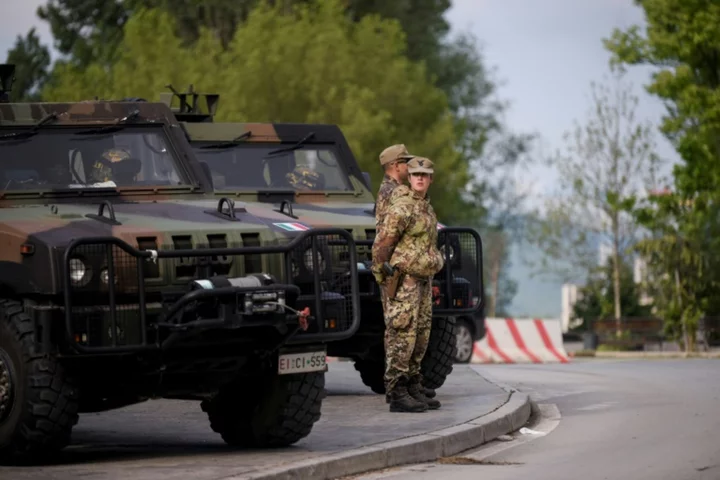
Diplomatic pressure mounts as Serbs rally again in north Kosovo
Ethnic Serbs gathered again in a flashpoint town in Kosovo on Thursday at the site of clashes earlier this week with NATO-led soldiers in Kosovo, as international pressure...
2023-06-01 21:09

What are the MLB Winter Meetings and when did the term originate?
The MLB Winter Meetings will take place from Dec. 4-7 in Nashville. Here is everything to know about this crucial window in the MLB offseason.
2023-11-02 03:20

K-Pop star Rose joins first lady Jill Biden to talk mental health
K-pop superstar Rose has joined U.S. first lady Jill Biden at a mental health event to talk about how even famous people grapple with emotional struggles
2023-11-18 05:21
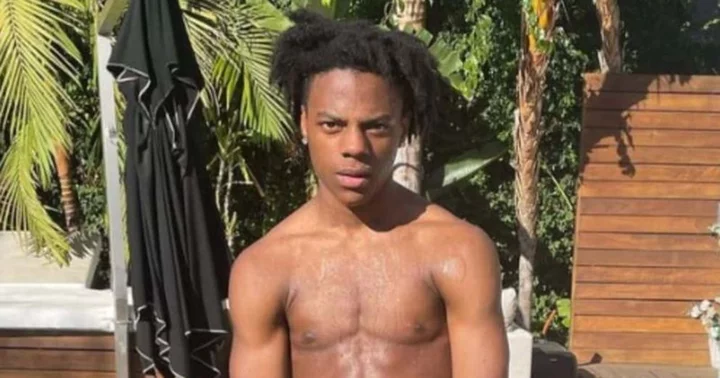
IShowSpeed spotted gearing up for Sidemen Charity Match 2023, event details out
The Sidemen Charity Match is scheduled to take place at the London Stadium on September 9
2023-09-08 21:17
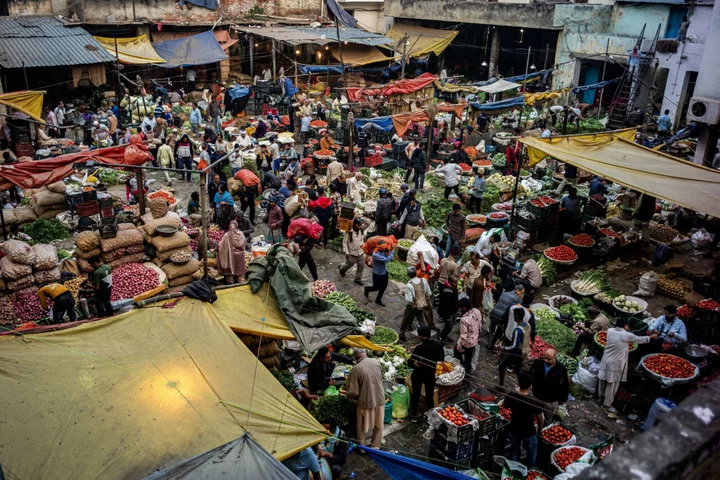
Nomura Sees Indian Economy Slowing After Growth Surprise
India’s strong economic growth momentum could slow in the coming months, making the central bank shift focus from
2023-06-01 15:00
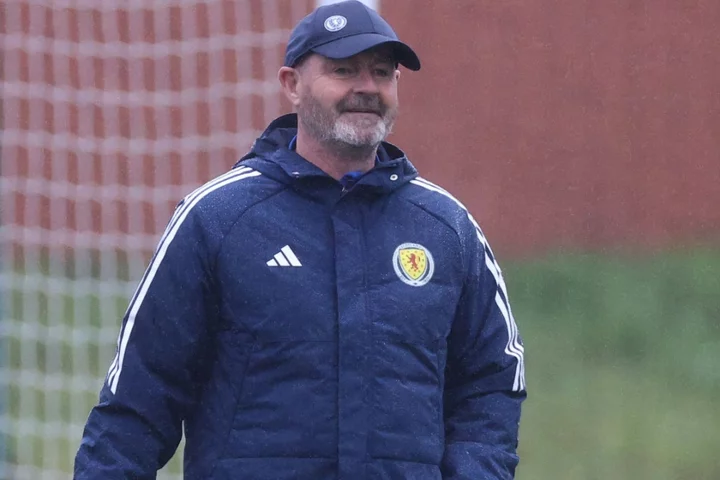
Steve Clarke not concerned over which pot Scotland are in for Euro 2024 draw
Steve Clarke insists he is giving no consideration to which pot Scotland end up in at Euro 2024 as he focuses on trying to end their successful qualification campaign on a high against Norway at Hampden on Sunday. The Scots sealed their spot in Germany last month, with two games to spare, and will learn who they will face in the group stage when the draw is made in Hamburg on Saturday, December 2. A victory by two goals or more against Norway this weekend would likely lift the Scots into pot two, while any other result is set to place them in pot three. Given the way things are shaping up – with the likes of Albania, Hungary and Turkey among the teams on course to be in pot two – there is a school of thought among Scotland supporters that they may have a chance of an easier draw by remaining in pot three. “Honestly, zero, I haven’t looked at it,” said Clarke when asked if he had given much consideration to the permutations. “It doesn’t concern me. “The main objective was to be there. Pot two, pot three… it’s all speculation because you don’t know how the other games are going to pan out so we’ll go out and do our best to win the game and then we’ll decide after that whether we want to be in pot two or pot three.” Asked how significant it would be to go to the tournament as a pot two team, Clarke said: “Not significant at all in my mind. I don’t think too much about it. “I just want to win game to game and make sure we’re always competitive whoever we play. We were seeded in pot two in the draw for this campaign and we want to be a pot two team going into the World Cup campaign. “If we can get to pot one, it would be great but that’s a long way away at the moment.” Clarke’s main objective at present to is to stop a four-game run without a victory and ensure Scotland end a memorable campaign on a high at a sold-out Hampden. “It’s always important to win,” he said. “We haven’t won for a while. We want to finish the campaign well in front of our own supporters at Hampden, so hopefully we can do that.” That task will be made slightly easier – in theory – by the fact Norway and Manchester City superstar Erling Haaland misses the match due to an ankle injury sustained in Thursday’s friendly against Faroe Islands. “It’s probably a little bit of mixed feelings,” Clarke said when asked about the striker’s absence. “I think for the crowd it would have been great to see a player of Erling Haaland’s standard at Hampden. “It would have been good for the defenders to test themselves against a top striker but unfortunately he’s not fit. “If you asked me that question me before a game that really meant something I’d probably be sitting here saying ‘yes, I’m delighted he’s not playing’ but for the game tomorrow, I think it would have been better if he played.” Haaland gave Norway the lead with a penalty in the last meeting between the teams in Oslo in June before Scotland roared back with two goals in the closing minutes to claim arguably the most pivotal result in their qualifying campaign. “It was a pretty dull game on a very hot, sunny afternoon,” recalled Clarke. “For us, it was about staying in the game as long as possible. Towards the end of the game I took a central defender off, went to a back four and stuck another attacking player on and thankfully it worked for us. “We got the equaliser at a good time and almost immediately before Norway had a chance to realise what had happened we were 2-1 in front and for the section, for the qualification of Scotland, it was obviously a big moment in the tournament.” Second-placed Scotland go into their final qualifier six points clear of third-placed Norway, who remain without a major tournament appearance since Euro 2000. Clarke believes the fact his team were able to win their first five games, while Norway failed to win any of their first three was the main difference between the sides. “The way the fixtures fell for us was good,” said the Scots boss. “We had three home fixtures to start and we managed to get maximum points from those fixtures. “Going to Norway when we did and getting the 2-1 win put the qualification into our hands and fortunately we didn’t let it slip. Group football is a sprint, it’s only eight matches. “You can’t really drop points early in the group because you put yourself under pressure later in the group. It’s normally Scotland that does that, to be fair!” Read More Liam Broady replaces injured Andy Murray in Great Britain’s Davis Cup team Matt Wallace produces stunning back nine display to shoot 60 and lead in Dubai Rohit Sharma highlights the importance of India’s work ethic ahead of final Khiara Keating surprised by her rise into Man City’s starting line-up this term Injury rules Andy Murray out of Great Britain team for Davis Cup finals Pat Cummins urges Australia to ’embrace’ World Cup final pressure against India
2023-11-18 23:12
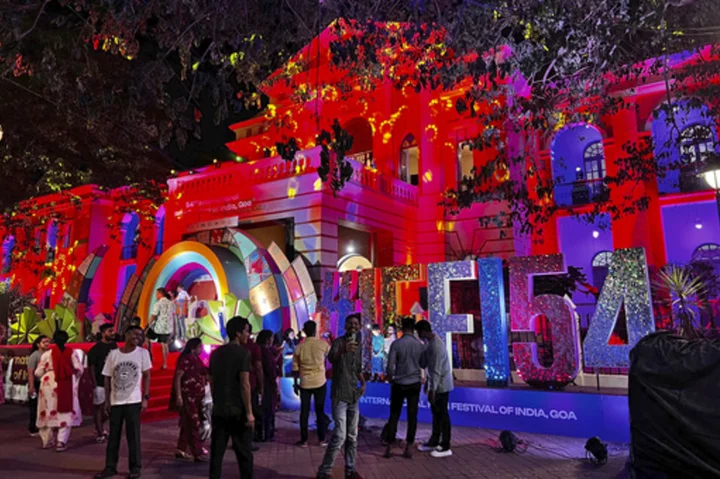
Michael Douglas gets lifetime achievement award at International Film Festival of India in Goa
Veteran Hollywood actor and producer Michael Douglas was honored with the Satyajit Ray Lifetime Achievement Award at the 54th International Film Festival of India
2023-11-29 01:33
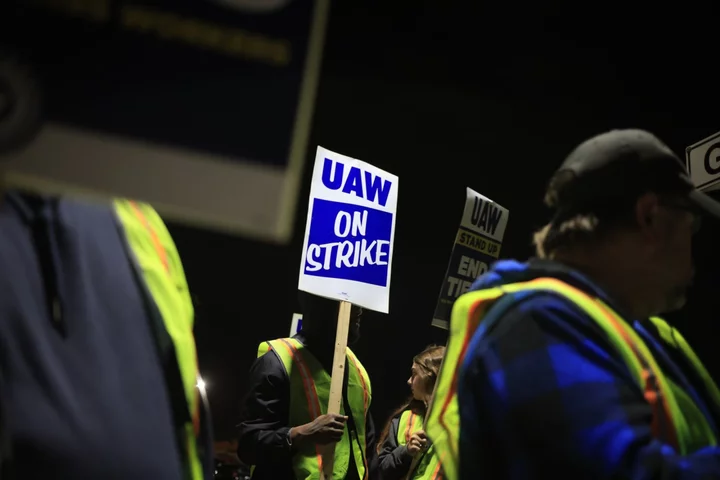
Ford Calls on UAW to Cease ‘Acrimonious’ Strike
Ford Motor Co. is calling on the United Auto Workers to end its more than monthlong strike, warning
2023-10-17 02:41

EA’s New Seattle Studio Hiring for Next Battlefield Single-Player Campaign
EA is hiring developers to join its new Seattle-based studio for a future Battlefield single-player campaign, according to a new job listing on EA's career site.
1970-01-01 08:00

Man United defender Lisandro Martinez to have a second operation on his injured right foot
Manchester United defender Lisandro Martinez will undergo surgery on his right foot for an injured metatarsal
2023-10-02 20:52
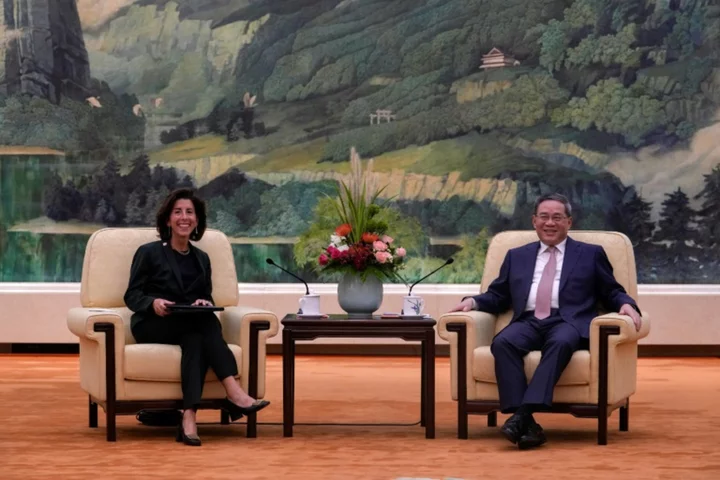
US tightens curbs on AI chip exports to China
The United States on Tuesday said it was tightening curbs on exports of state-of-the-art AI chips to China, sending the share price of Nvidia and other...
2023-10-18 01:28
You Might Like...

Anne-Marie shocks herself with her own blunt lyrics

'I'm eight months into my year off': Tom Holland confirms his acting break after 'The Crowded Room' is nearly over

Aaron Wan-Bissaka admits fearing for Man Utd future last season

Shane Lowry releases emotions and silences critics in Ryder Cup win before playing cheerleader role

Escaped murderer Danelo Cavalcante spotted on surveillance camera in Pennsylvania

‘And Just Like That’ creator teases Aidan's relationship status in Season 2, says 'his comeback is fun'
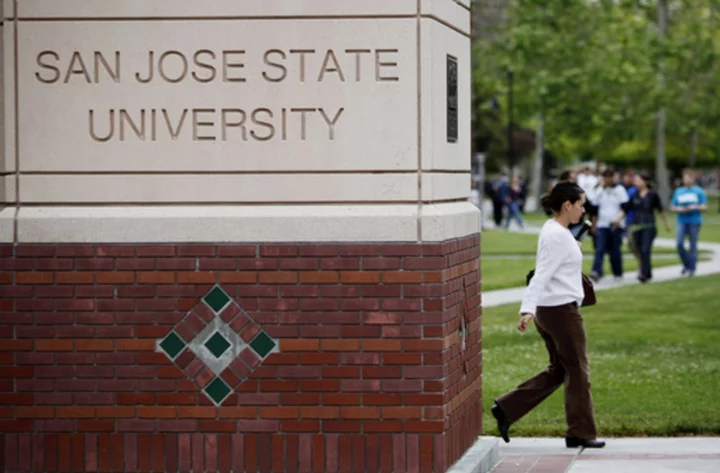
California State University campuses mishandled sexual harassment allegations, audit finds
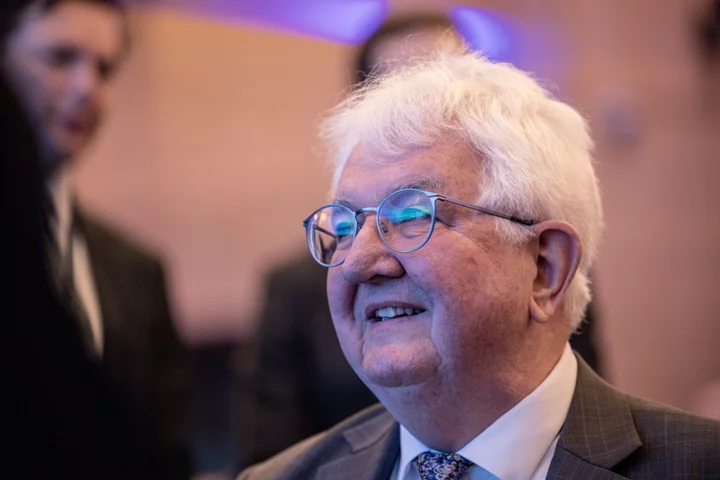
ECB’s Holzmann Floats Tenfold Hike in Minimum Reserves
